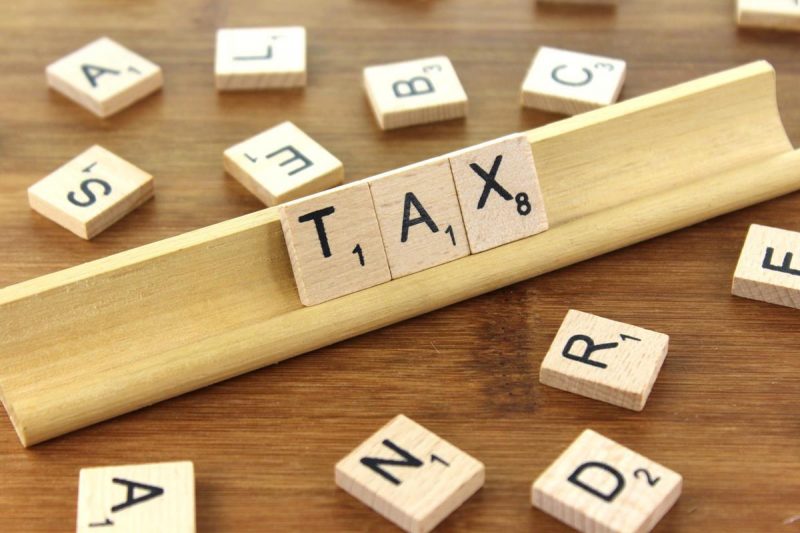Taxpayers may miss out filing their income tax returns for various reasons. Several individuals often enquire about the time available for filing of an income tax return. Also, taxpayers generally ask whether they can file ITR for an earlier year. We will discuss below the time available for filing income tax returns and mandatory late filing fees.
Presently, we are required to file ITR for AY 2019-20 (corresponding to FY 2018-19). Salaried and small business taxpayers are required to file their ITR by 31 August 2019. For taxpayers who are subject to audit, the due date is 30 September 2019.
ITR filed after the due date is called a ‘belated return’. In the case of a ‘belated return’, you are required to pay a late filing fee. The late filing fee is Rs 5,000 for ITR filed from 1 August 2019 till 31 December 2019.
The late filing fee is Rs 10,000 in the case of an ITR filed from 1 January 2020 till 31 March 2020. The time limit to file a ‘belated return’ will expire on 31 March 2020.
Also, do keep in mind in case your income tax assessment has been concluded, you cannot file a ‘belated return’. An income tax assessment is made through a notice issued by the assessing officer for assessing your income and tax liabilities.
However, do note that the time limit for filing an ITR is available only till 31 March of the assessment year. For example, for the AY 2019-20 (corresponding to FY 2018-19), a belated return can be filed until 31 March 2020. Further, the ‘belated return’ should be filed with payment of a late filing fee as discussed above.
Also Read: Government extends the facility of pre-filling to 2 more ITR forms
The Finance Act, 2016 had amended the law on the filing of belated returns restricting the time to 31 March of an assessment year. Earlier, until AY 2016-17, ITR could be filed anytime on or before one year from the end of the relevant Assessment Year.
From AY 2017-18, taxpayers can file a belated return only until the end of the assessment year. Thus, taxpayers can now file ITR only for the current assessment year until the end of the assessment year. The table below depicts the tax filing due dates and time available for filing ITR:
| Financial Year | Assessment Year | Due Date | Belated ITR file by date |
| 2015-16 | 2016-17 | 5 August 2016 | 31 March 2018 |
| 2016-17 | 2017-18 | 31 July 2017 | 31 March 2018 |
| 2017-18 | 2018-19 | 31 August 2018 | 31 March 2019 |
| 2018-19 | 2019-20 | 31 August 2019 | 31 March 2020 |
Thus, from AY 2017-18, you can file ITR only for the current assessment year. If you omit to file your return by the end of the assessment year, you will not be able to file the ITR online.
However, in a case where you are eligible for an exemption or refund or deduction or carry forward of loss, you can file a letter for condonation of delay with the income tax commissioner. The income tax authorities may allow such claims if they are genuine, where the taxpayer could not genuinely make them within the assessment year.
The application for condonation can be made up to six years from the end of the assessment year.
I am a Chartered Accountant by profession. I specialise in personal taxes and corporate income tax matters. I am an avid reader and track developments in financial markets, economy and other market developments.





